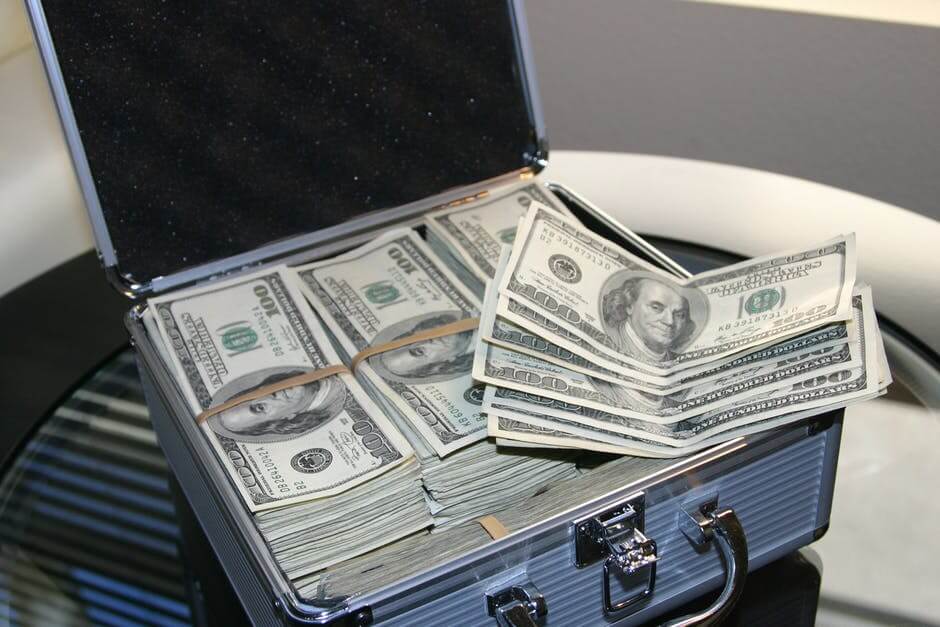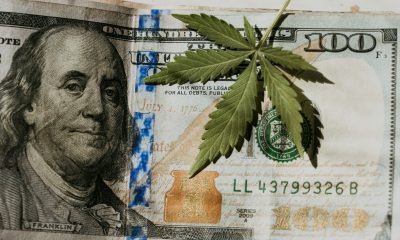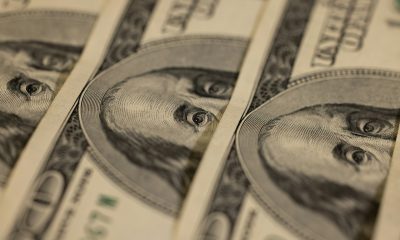Business
Gates, Bezos and Buffett’s riches highlight growing wealth inequality in US
A study revealed the richest people in the US are wealthier than the bottom 64 percent of Americans combined.

Bill Gates, Jeff Bezos and Warren Buffett are the top three billionaires in the United States, owning more than half of America’s wealth. As the super-rich accumulate more fortune and faster than before, the spotlight also points to the growing wealth inequality in the country.
Think tank Institute for Policy Studies called the wealth inequality in the U.S. as a “moral crisis.” Forbes listed the wealthiest 400 people in America whose combined riches are more than what the bottom 64 percent of Americans own. Gates, who founded Microsoft, owns $89 billion. Bezos, CEO of Amazon, has $81.5 billion, and investor Buffett owns $78 billion. Meanwhile, over 19 percent of households in the country have zero or even negative wealth, and wages have been stagnant in the past years. The median American household has a net worth of $80,000.
What the wealth inequality means
The think tank’s “Billionaire Bonanza” report said that the big wealth inequality threatens the nation’s democracy and destabilize its economy. It also widens the racial and class divisions and undermines social cohesion. The top 25 billionaires, who together hold $1 trillion in wealth, are all white, and only two African Americans (Oprah Winfrey and Robert Smith) and five Latinos made it to the Forbes 400.
The report also warns against President Donald Trump’s proposed tax cuts, which would largely benefit the wealthiest households and worsen the wealth disparity. While Trump’s tax reform is advertised as about the low- and middle-income earners, the super rich are the ones who will gain the most. That’s because the corporate tax is reduced to 20 percent and the federal estate tax that only the wealthiest households pay is weakened and eliminated, among others.
What would make the tax cut plan possible is a reduction in the national budget? House Republicans recently passed a budget proposal where Medicare, Medicaid, education and other public services would see about $6 trillion in budget cuts, as reported by Fortune.
“Now is the time for actions that reduce inequality, not tax cuts for the very wealthy,” said economist Chuck Collins, who co-authored the report.

Wealth inequality exists and it is prevalent in the U.S. The rich get richer while the poor get poorer. (Photo by Michael Hsing via Wikimedia Commons. CC BY-SA 4.0)
How the gap between rich and poor may fall
Meanwhile, Bloomberg reports that the gap between rich and poor may actually be reaching its peak. Credit Suisse Group AG’s report on global wealth showed that factors such as rising share of financial assets that help propelled wealth inequality in the past years may be waning.
Wealthy individuals hold a disproportionate share of their riches in the form of financial assets. This year, there are 1.1 million new millionaires in the U.S., primarily due to the rise in the stock market. This brings the number of American millionaires to an all-time high of approximately 15,356,000, as reported by Money.
Credit Suisse said there is a shift from equities and other securities to physical assets, and analysts predict that if equity prices are curtailed in the coming years, wealth inequality would level off. However, the impact to wealth inequality of a decline in value of financial assets and the U.S. dollar is not yet clear at present.

-

 Crypto7 days ago
Crypto7 days agoEthereum Pushes AI Integration With ERC-8004 and Vision for Autonomous Agents
-

 Biotech2 weeks ago
Biotech2 weeks agoByBug Turns Insect Larvae into Low-Cost Biofactories for Animal Health
-

 Business2 days ago
Business2 days agoDow Jones Near Record Highs Amid Bullish Momentum and Bearish Long-Term Fears
-

 Business1 week ago
Business1 week agoDow Jones Breaks 50,000 as Bull Market Surges Amid Caution and Volatility


























You must be logged in to post a comment Login